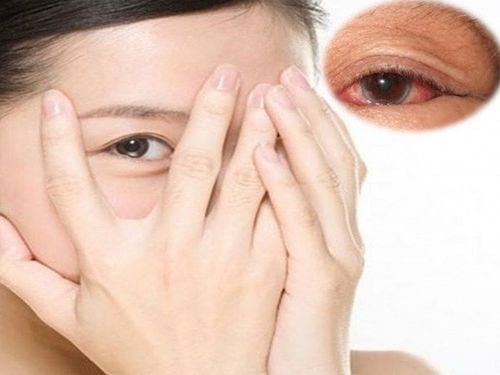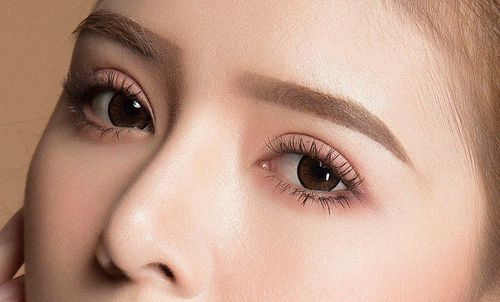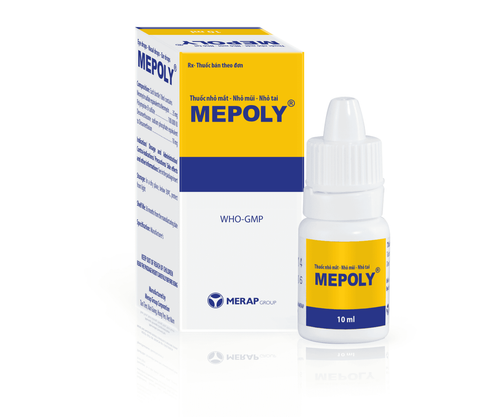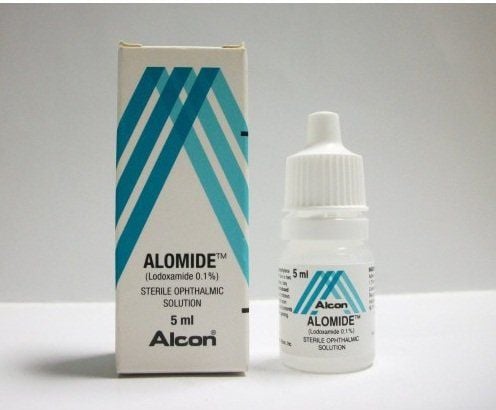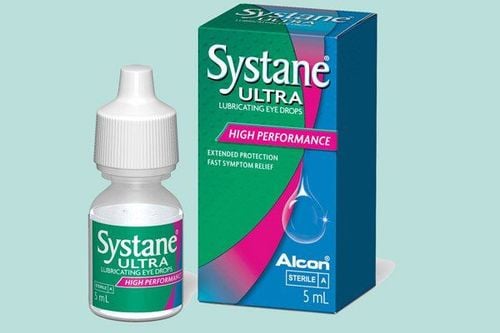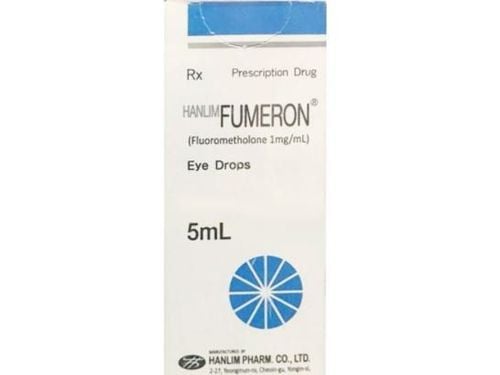This is an automatically translated article.
Treatment of herpes keratitis depends on the severity of the disease causing it, and mild infections are usually treated with topical antivirals and sometimes orally. In cases of severe scarring and loss of vision, a corneal transplant is required.
1. What causes herpes virus (HSV) keratitis?
Herpes virus keratitis is a disease caused by the herpes simplex virus (HSV). There are two main types of viruses. HSV keratitis is usually caused by the herpes simplex virus type I, which is easily spread by skin-to-skin contact with someone who has the virus. When infected, the virus lies in a dormant state, living in the nerve cells of the skin. If the patient is stressed, exposed to the sun, has a fever, an injury, or takes certain medications.... the virus that causes the disease will be activated.
Symptoms of keratitis can include:
Pain, redness, blurred vision, watery eyes and sensitivity to light. An infection of the outer surface of the cornea usually heals without scarring. If the deeper layers of the cornea are damaged, infection can lead to scarring of the cornea, decreased vision, and blindness.
2. Treatment of keratitis caused by herpes virus
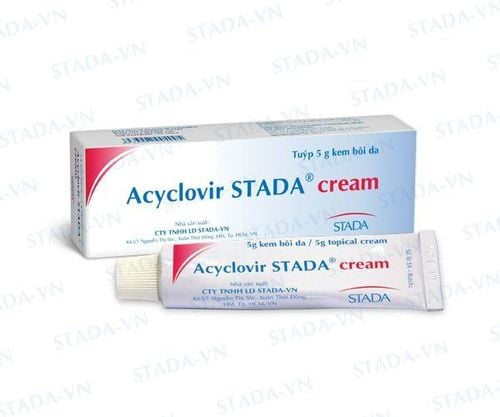
Thuốc bôi Acyclovir giúp điều trị viêm giác mạc do virus herpes
To treat keratitis caused by HSV, it is necessary to destroy the virus and treat the signs of inflammation and ulceration by:
Use 1 of the topical drugs: Acyclovir 3%: rub the eyes 5 times/day; IDU (5 Iodo 2 Dezoxyuridine) 5 times a day, should not be used for more than 15 days; TFT (Trifluoro Thymidine) eye drops 5 times/day. Oral medicine: Acyclovir 200mg or 800mg tablets, 5 tablets a day divided into 5 times for 7-10 days. Fight bacterial superinfection with broad-spectrum antibiotics such as tobramycin, ofloxacin, eye drops 5 times/day. Mydriasis, blepharospasm: Apply atropine 1-4% when uveal reactions occur. Anti-inflammatory steroids in disc keratitis or interstitial parenchymal inflammation in the presence of a uveal reaction. Complete nutritional supplement to strengthen resistance. Treatment against relapse is by taking acyclovir 200mg daily orally 4 tablets in 2 divided doses for 1 to 2 years to prevent recurrence. Healthy lifestyle, clean hygiene. In cases of HSV keratitis with severe scarring and loss of vision, a corneal transplant is required.
3. How to clean and care for herpes virus (HSV) keratitis
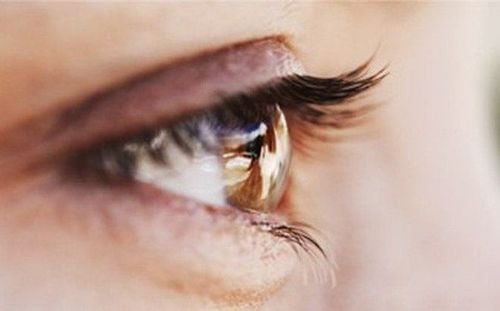
Vệ sinh và chăm sóc mắt rất quan trọng giúp hạn chế các biến chứng nặng là rách giác mạc
Hygiene and eye care are very important, helping to limit serious complications such as blindness, corneal tears ... and speed up the healing process. Therefore, patients need to:
Use physiological saline to wash eyes regularly; Let your eyes rest, limit your eyes to adjust a lot such as sitting a lot in front of TV screens, computers, playing games,... Limit contact lenses, wear only when necessary, must clean before wearing. Clean glass with specialized solutions and clean hands. Avoid getting contaminated in your eyes, don't go swimming in public swimming pools, go to places with a lot of dust and need to wear protective glasses. Do not rub your eyes or touch your eyes when your hands are dirty. If the foreign body enters the eye, immerse the eye in clean water and blink to gradually push the object out. Vinmec International General Hospital with a system of modern facilities, medical equipment and a team of experts and doctors with many years of experience in medical examination and treatment, patients can rest assured to visit. and hospital treatment.
To register for examination and treatment at Vinmec International General Hospital, you can contact Vinmec Health System nationwide, or register online HERE.
SEE MORE
Common diseases of the cornea Conjunctivitis eye disease: Causes, symptoms, treatment and prevention How to treat keratitis?




